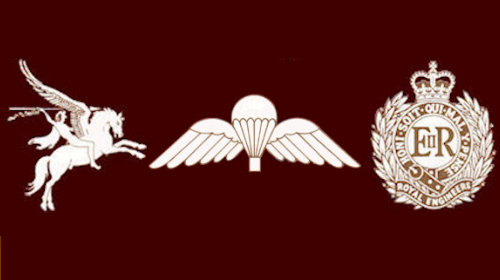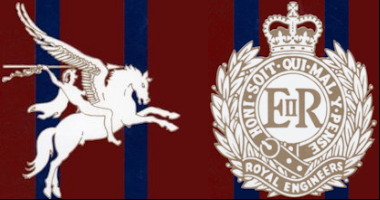
Roll of Honour
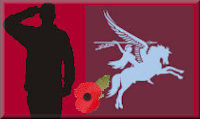
John Pashley
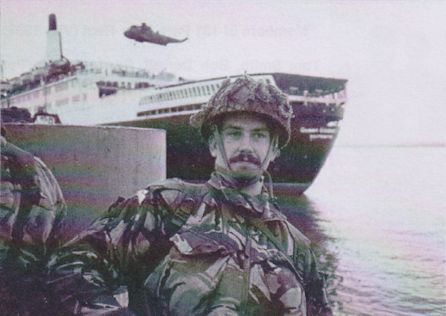 |
John died on Sunday 13th June 1982, aged just 22. John was killed in action on Mount Tumbledown on the night of 13/14 June 1982 whilst on attachment to the Scots Guards. British casualties were 9 dead and 43 wounded; Argentina lost 30 dead, and 30 were taken prisoner of war during the action. You can find more information on John via the following link: |
LCpl JB Pashley RE - KIA 13/14 June 1982 by Col Chris Davies MBE
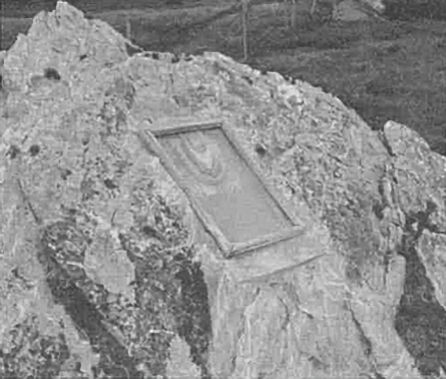 |
John Pashley was killed on the night of 13/14 June 1982 whilst at the head of a fighting patrol of the Scots Guards which was carrying out a diversionary attack in support of the main battle for Mount Tumbledown, to the west of Port Stanley in the Falkland Islands. A couple of years after the event someone (identity so far unknown) placed a memorial plaque on a rock close to the spot where John fell. During their cross-East Falkland run in 2012 ‘Billy’ Morris and Bob Chatterton visited the spot and noted that this memorial had suffered from exposure to the relentless Falklands weather (see photo). Chris Davies undertook to replace the existing memorial with another that would stand up better to the conditions. WOI Clk Wks (retd) ‘Moff’ Moffit RE sourced an engraver of slate in Norfolk and he, personally, constructed a protective glass cover and prepared the mountings for the new memorial. WOI Scott James MBE is the current Clk Wks (M) RE in the Falkland Islands and he carried the memorial to the spot where he installed it in place of the original. On Remembrance Sunday 2013 the memorial was dedicated and Scott James read out the Eulogy which is re-produced below. |
Eulogy - Memorial Plaque Dedication 10th December 2013
Lance Corporal John Pashley was ‘Army Barmy’. He grew up near Sheffield and from an early age all he wanted to be was a soldier. Yorkshire grit was in his bones and he wanted to be wherever the action was so, as soon as he was old enough, he joined the Parachute Regiment. After a couple of years, he saw the light and transferred to the Royal Engineers so that he could join the unit he most admired, 9 Parachute Squadron RE. He was strong, full of energy and always ‘up’ for a challenge so he soon earned a good deal of respect in what has been described as the toughest minor unit in the Army. After a successful tour in Northern Ireland, in 1980/81, John was detached to 1 Training Regiment Royal Engineers as weapon training instructor with the important remit to represent The Squadron and to attract good quality recruits to it by his outstanding personal example. In April 1982 Argentine Forces invaded the Falkland Islands and The Squadron was placed on a war footing. As soon as he realised what was going on John appeared in The Squadron lines with his kit packed. Of course, he was still on the posted strength of the Training Regiment so he was sent back there. For a man like John it was unthinkable that he should be left behind so he deliberately provoked a fall-out with his superior - a traditional Guards Warrant Officer. To placate the situation and to avoid disciplinary action, the OC 9 Para Squadron recalled him. The Warrant Officer’s sense of pride was placated, The Squadron’s reputation remained intact and John got what he wanted: he was off to war. |
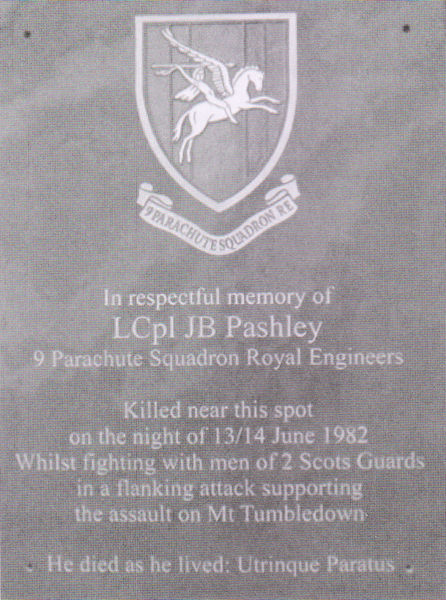 |
John’s Troop was placed in support of 2nd Bn Scots Guards and moved with the Battalion in the approach to the battle for Port Stanley. After the successful capture of the outer ring of the Argentine defences (Mt Longdon, Twin Sisters and Mt Harriet), it was recognised that the hardest nut to crack would be Tumbledown Mountain and this was the objective given to the Scots Guards for the night of 13/14 June. To deceive the enemy on the direction of his main thrust, the CO Scots Guards sent a strong fighting patrol to carry out a diversionary attack from the right flank.
The patrol was reinforced by two RE NCO’s, ostensibly to assist in the crossing of obstacles and to provide guidance through areas that were known to be mined, but also, with the 84mm Carl Gustav anti-tank weapon that they carried, to add substantially to the firepower of the patrol. At that time, no technology existed to detect the non-metallic mines that the Argentineans had laid: the finger tips and bayonet of a crawling Sapper were the only mine detection and clearance techniques available. Notwithstanding the evident risk, CpI Foran and LCpI Pashley volunteered without hesitation and, ignoring the freezing cold, the darkness and indirect fire, they took it in turns to lead the patrol to its attack position. With great courage they succeeded in getting to about 20 metres from the enemy position before a machine gun opened up and a furious firefight began. Being nearest to the position and the most exposed, John Pashley was killed outright, as was WO2 Danny Wight of the Scots Guards. The attack was a success and it contributed hugely to the overall success of the battle for Mt Tumbledown but, inevitably, there was a cost.
John Pashley died as he had lived: always to the fore, leading by example and with great courage. At the going down of the sun, and in the morning, we WILL remember him.
NOTE: For his actions in the approach to the objective and subsequently, in extracting the patrol and its casualties from a minefield, John Foran was awarded the Military Medal.
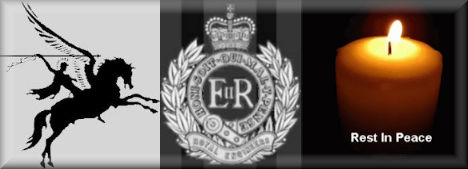
They shall grow not old
as we that are left grow old
Age shall not weary them
nor the years condemn
At the going down of the sun
and in the morning
We will remember them
